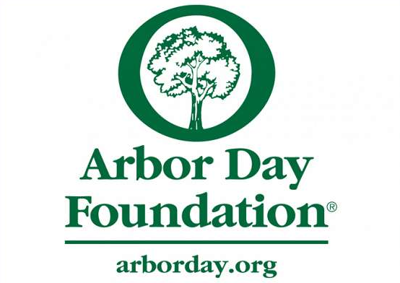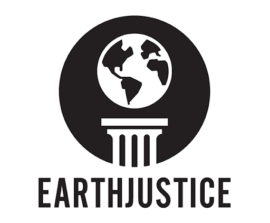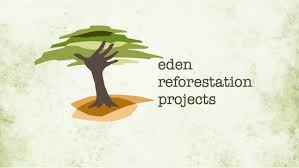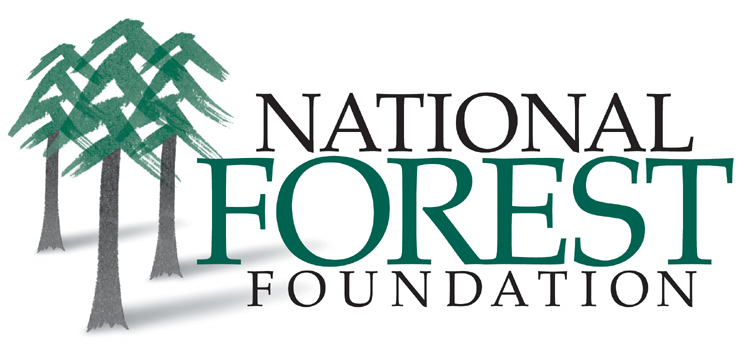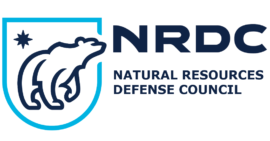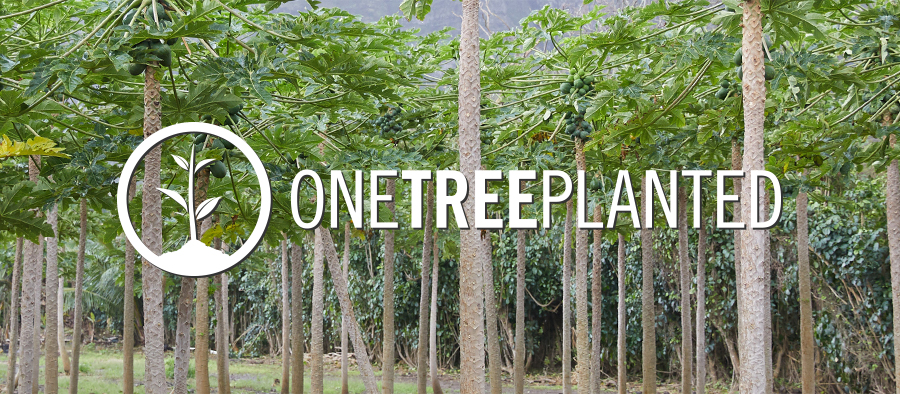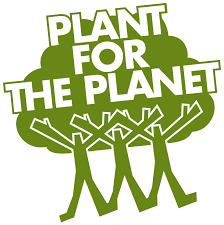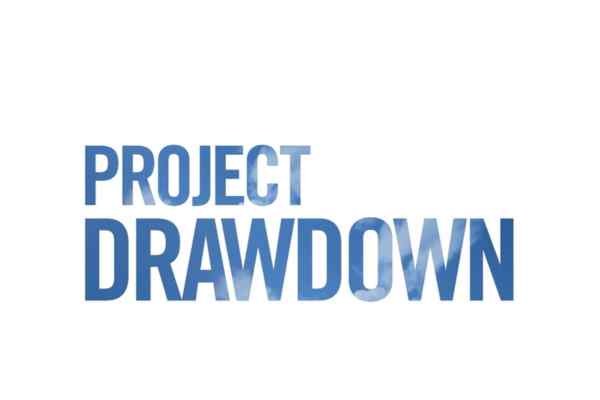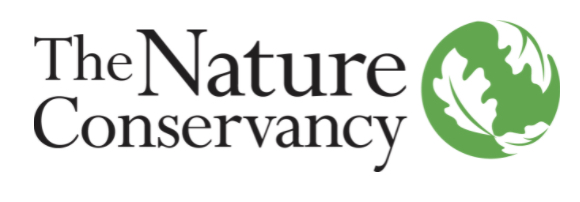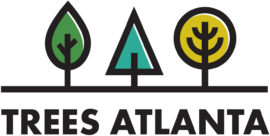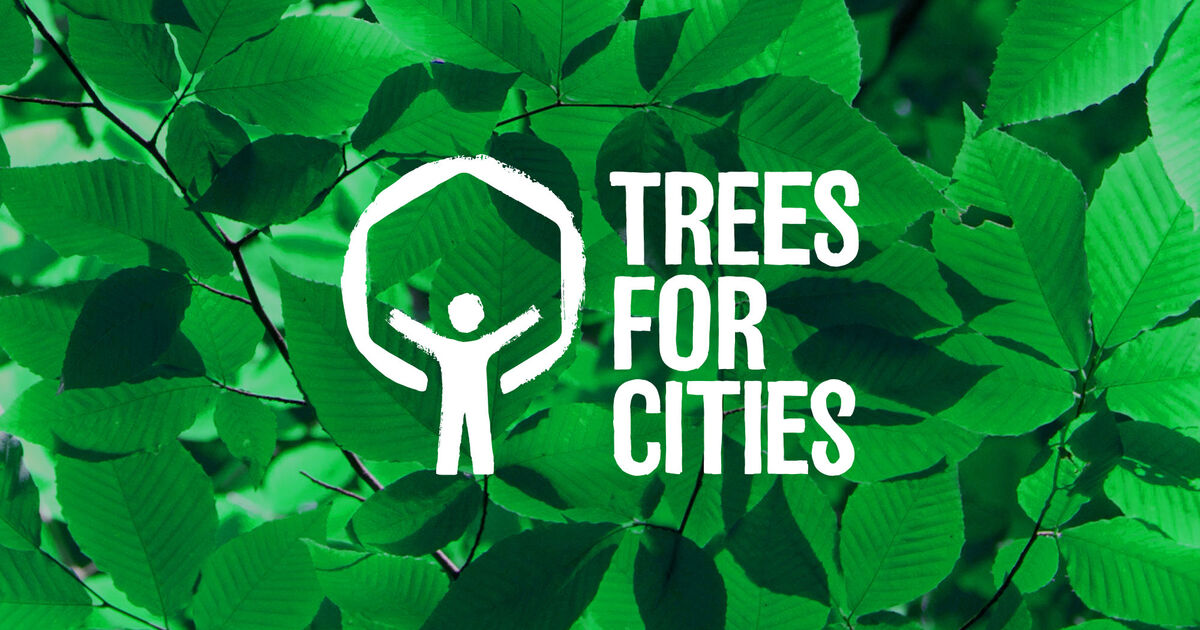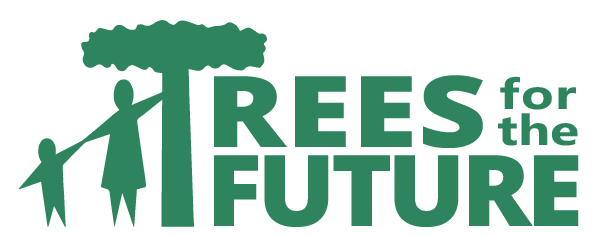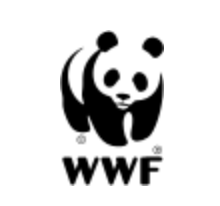Learn more about organizations doing great work to protect the planet through sustainability actions.
1% FOR THE PLANET (GLOBAL)
Started by the founders of Patagonia and Blue Ribbon Flies, 1% for the Planet seeks to protect the resources that companies take from the earth and then profit off of. They decided to give 1% of all of their sales back to the environment – whether they were profitable or not. With over 250 million dollars given to environmental causes, 1% for the Planet matches member business with environmental programs, and ensures that their members’ money makes the most impact possible. Some members include Patagonia, Caudalie, Honest Tea, and King Arthur Flour. Individuals can also join, pledging to donate 1% of their annual salary to their approved environmental nonprofits. (onepercentfortheplanet.org)
350.ORG (GLOBAL)
In 2008, a group of university friends partnered with author Bill McKibben to build a global climate movement. Although they knew that the climate crisis was the biggest issue facing humanity, they didn’t know how to fix it. But they knew they couldn’t do it alone. Starting with global days of action that linked activists and organizers around the world in 2009, today 350.org works on grassroots campaigns across the globe, leveraging the power of people to stand up to the fossil fuel industry. With activist groups in more than 188 countries, their movement is growing. Currently, they are running a global campaign for just recovery from COVID-19, calling on finance ministers to spend money on green jobs, public transportation, and sustainable housing instead of bailing out industries that drive the climate crisis and inequality. (350.org)
ARBOR DAY FOUNDATION (GLOBAL)
The Arbor Day Foundation is the largest non-profit membership organization dedicated to planting trees, with more than 350 million trees planted all over the world. Their goal is to educate people on the ways that trees can solve global issues we face today, and work on reforestation efforts as well as increasing tree cover in communities. In addition to offering memberships (the proceeds of which go towards planting trees), the Arbor Day Foundation has an online tree store that allows you to get trees and other plants delivered straight to your door. (arborday.org)
EARTHJUSTICE (UNITED STATES)
With a motto of, “We are here because the earth needs a good lawyer,” Earthjustice asserts that the law is the most powerful tool for combating climate change. Earthjustice is a network of more than 130 full-time lawyers that represent their clients for free. With 14 offices around the United States, Earthjustice goes where the fight is and their work has saved species from extinction, saved green spaces from destruction, and put limits into place for the US’s worst-polluting industries. Some key victories include enforcement of the Endangered Species Act to prevent the extinction of the palila bird in Hawaii, defending the Roadless Area Conservation Rule, and working with partners to establish the Mercury and Air Toxics Standards. (earthjustice.org)
EDEN REFORESTATION PROJECT (ASIA, AFRICA, CENTRAL AMERICA)
The goal of the Eden Reforestation Project is to lift the poor out of poverty by providing them with wage-fair employment. Those that join the project are employed to plant trees and usher them into maturity, so Eden’s reforestation efforts first yield a positive environmental impact, and then a positive socio-economic impact. Eden Reforestation Project works with the poverty-stricken in Nepal, Madagascar, Haiti, Indonesia, Mozambique and Kenya. Since the beginning of the project, more than 300 million trees have been planted. (edenprojects.org)
FRIENDS OF THE EARTH (UNITED STATES)
Friends of the Earth fights for a more healthy and just world by speaking uncomfortable truths and calling out those who endanger the health of ourselves and the planet for profit. They push for the changes that are necessary, not just the ones that are easy. Friends of the Earth takes on a multitude of issues, from climate and energy issues such as raising environmental and social standards at international financial organizations to fighting for passage of the Green New Deal to ‘shutting the revolving door’ that keeps agricultural business leaders in government, thus promoting a fossil-fuel intensive production system. (foe.org)
GREENPEACE (GLOBAL)
We can hardly talk about organizations fighting climate change without talking about Greenpeace. For more than 40 years, Greenpeace has been a global mission to expose global climate issues and promote solutions for a green and peaceful future. Started as a protest against nuclear testing in Alaska, today Greenpeace has offices in more than 50 countries across the world. Their work includes conservation of critical areas around the globe, such as protecting the Arctic, the Amazon rainforest, and Canada’s Boreal Forest; putting climate leaders into elected office, and raising awareness to get tech companies to use renewable energy sources. (greenpeace.org)
INTERNATIONAL LIVING FUTURE INSTITUTE (ILFI)
The International Living Future Institute’s mission is to lead the transformation toward a civilization that is socially just, culturally rich, and ecologically restorative. They believe that providing a compelling vision for the future is a fundamental requirement for improving the relationship between humanity and the natural world. To inspire cities to this goal they have created the Living Building Challenge – the world’s most rigorous green building standard. (living-future.org)
LEAVE NO TRACE
The Leave No Trace organization provides education, research findings, and teaches important skills to help others care for our planet. The seven principles of the Leave No Trace mission focus on land preservation and how to enjoy the outdoors with minimal impact, including best camping practices, proper disposal of waste and mindfulness while outdoors, and a respect for wildlife. (lnt.org)
NATIONAL FOREST FOUNDATION (USA)
The National Forest Foundation is a United States-based organization with the mission of helping people connect with America’s national forests and grasslands, as well as coming together to restore and enhance the nation’s green spaces. Though the challenges that American forests face are complex, the National Forest Foundation’s tree planting programs aim to reforest areas that have been affected by natural disturbances such as wildfires, insects and disease, and to date have planted more than 7.5 million trees across the country. (nationalforests.org)
NATURAL RESOURCES DEFENSE COUNCIL (GLOBAL)
The NRDC uses its network of more than 3 million people and 700 scientists, lawyers, and policy advocates to safeguard the earth and the natural systems on which life depends. Founded in 1970 by a group of law students and attorneys, today the NRDC has dedicated staff working in more than a dozen program areas, from climate and clean energy to healthy people and thriving communities. Their work includes preparing communities for the effects of climate change by expanding green infrastructure financing, and investing in 21st century infrastructure, promoting sustainable fishing by stopping overfishing and strengthening laws that reduce bycatch, just to name a few. (nrdc.org)
OCEARCH (USA)
OCEARCH
OCEARCH’s mission is to accelerate the ocean’s return to balance and abundance by helping scientists collect previously unattainable data. Following protocols set by the Institutional Animal Care and Use Committees, OCEARCH conducts research expeditions to safely tag and collect samples from marine life. This process greatly speeds up the academic process, which is essential to guiding responsible ocean management, and OCEARCH has been cited in more than 55 published journals to date. Their education curriculum allows students of all ages to learn STEM skills while using the OCEARCH tracker for free. (ocearch.org)
ONE TREE PLANTED (GLOBAL)
The goal of One tree planted is to plant more trees, and as a result, create a healthier climate, protect biodiversity and help reforestation efforts. One Tree Planted wants to make it easier for everyone, whether individual or part of an organization, to get involved. Their teams have doubled the number of trees planted year over year, with more than 5 million trees planted to date and projects spanning from North America, Latin America, Africa and Asia. One Tree Planted partners grow saplings, which are then planted during the rainy season and monitored and maintained until maturity. (onetreeplanted.org)
PLANT FOR THE PLANET (GLOBAL)
Plant for the Planet has an ambitious goal: plant trees to fight the global climate crisis. Started by 9-year-old Felix Finkbeiner in 2007, the vision was simple: get children to plant one million trees per year in every country of the world and offset their own carbon emissions. After three years, the millionth tree was planted, and now Plant for the Planet is shooting for one trillion trees, with the goal of offsetting global carbon emissions by 25% each year. Children can become Climate Justice Ambassadors at a one-day Plant for the Planet Academy. (trilliontreecampaign.org)
PROJECT DRAWDOWN (GLOBAL)
Project Drawdown leads the world as an aggregator of climate solution research. They offer communities a wide range of programs that help educate the public about the current climate crisis and garner their support in advancing climate solutions. Drawdown also shares stories of individuals and communities making a difference and creates collaborative opportunities for a better world. (drawdown.org)
SIERRA CLUB (UNITED STATES)
The Sierra Club is a grassroots environmental organization in the United States with more than 3.8 million members. Their goal is to find solutions to protect the earth’s natural resources, and find solutions for the special interests that undermine basic environmental protections. Their community of volunteers, advocates, and activists work on projects such as transitioning college campuses to 100% renewable energy sources, promoting clean energy legislation and holding major polluters accountable. To date, the Sierra Club has secured protection for 439 parks and monuments, secured the right for every child in America to visit a national park, and helped win the passage of the Clean Air Act and the Endangered Species Act. (sierraclub.org)
THE NATURE CONSERVATORY (TNC)
The Nature Conservatory (TNC) is a global environmental non-profit that is helping people and nature thrive in over 72 countries. TNC has been dedicated to its mission to conserve the lands and waters on which all life depends since 1951. Today, they are focused on threats to biodiversity and climate crises. TNC has more than 400 scientists on staff, over one million members, and has protected more than 125 million acres of land. (nature.org)
TREES ATLANTA (GEORGIA)
Trees Atlanta was founded in 1985, planting 46 trees on Carnegie Way to address the lack of green space in downtown Atlanta. Since then, the organization has collaborated with neighborhood groups to educate and engage the Atlanta community on the importance of conservation, and plant more than 133,000 trees to expand the urban forest in the metro Atlanta area. In addition to its tree-planting programs, Trees Atlanta also has a tree care program in which the Urban Forestry Crew maintains the trees that have been planted, as well as a forest restoration program that helps remove invasive species and plant native trees and shrubs in Atlanta’s forests. (treesatlanta.org)
TREES FOR CITIES (UK & AFRICA)
Trees for Cities’ aim is to cultivate lasting changes in cities by revitalizing forgotten spaces. Through their urban forestry programs, Trees for Cities is combating climate change, which has caused an increase in pests and disease not previously seen in the UK. Edible playgrounds offer an engaging way for children to learn about growing and eating food, and to get children excited about participating in their environment. Internationally, Trees for Cities has worked with local communities to plant more than 200,000 trees in 13 countries. (treesforcities.org)
TREES FOR THE FUTURE (AFRICA)
Trees for the Future sees a clear problem – destructive and short-sighted agricultural practices used by smallholder farming families in developing countries make their community vulnerable to further degradation and to the effects of climate change. Their solution is the Forest Garden Program, which teaches farmers to revitalize their land over a period of four years. Not only does the quality of the soil improve, farming families are able to grow a variety of fruits and vegetables and increase their own financial and food security. Donations help fund the Forest Garden program, and Trees for the Future boasts one of the lowest costs to plant a tree at just $.10. (trees.org)
UNION OF CONCERNED SCIENTISTS (UNITED STATES)
97% of scientists agree that human activity is driving a climate crisis across the globe. The Union of Concerned Scientists uses rigorous, independent science to create innovative, practical, solutions for a sustainable future. Their goal is to provide the evidence to enable decision making about climate change, and help stop the public misinformation on climate science by large corporations. Recent wins include a court order for the EPA to remove a policy banning top scientists from serving on its advisory committees, so that politics would not be put before science. (ucsusa.org)
WORLD WILDLIFE FUND (GLOBAL)
For nearly 60 years, WWF has worked to help people and nature thrive. WWF collaborates with people around the world to develop and deliver innovative solutions that protect communities, wildlife, and the places in which they live. WWF works to help local communities conserve the natural resources they depend upon; transform markets and policies toward sustainability; and protect and restore species and their habitats. (wwf.org)
Our Newsletter



